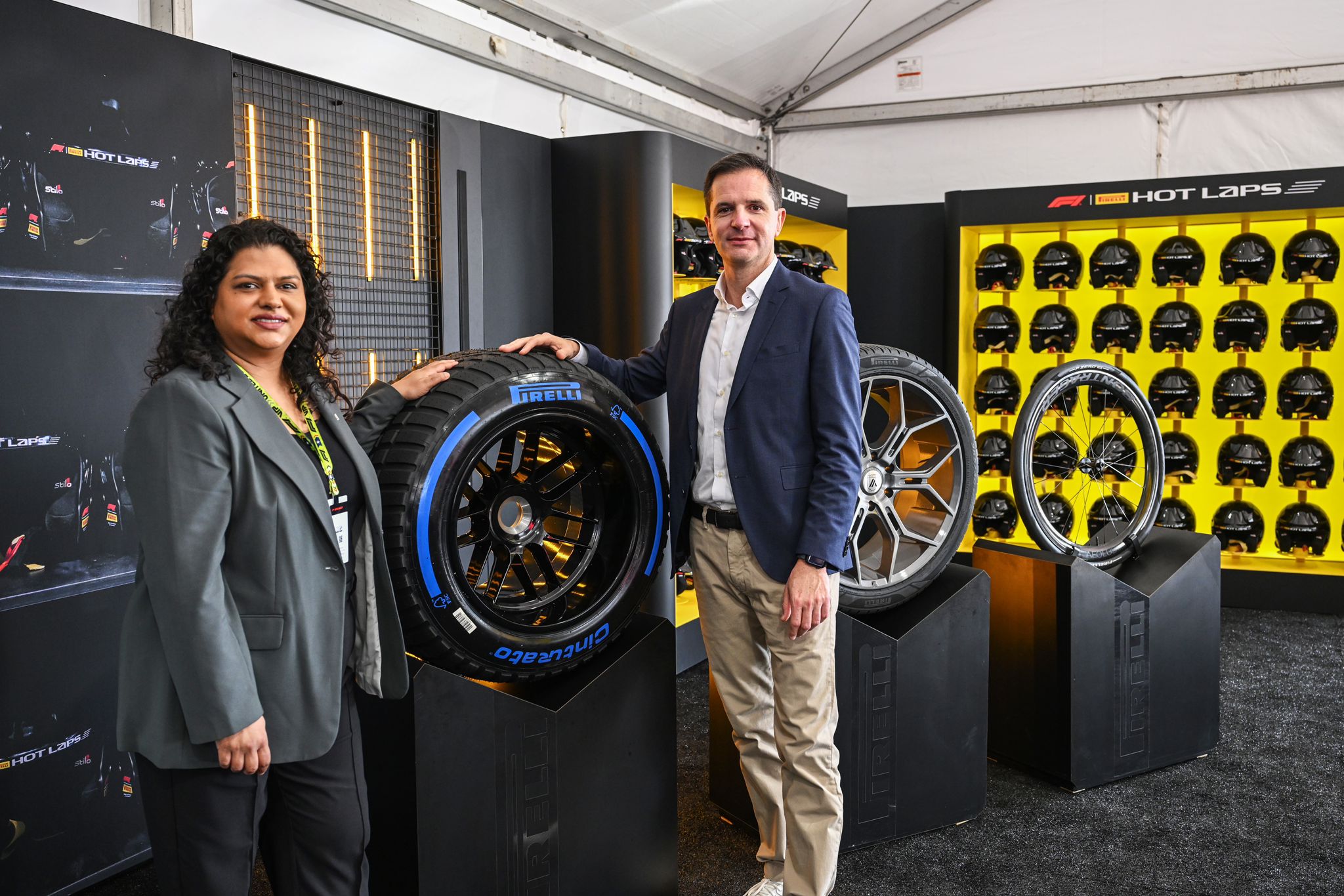
Habilou Ouro-Koura, a graduate student from Rensselaer Polytechnic Institute (RPI) and visiting scholar working at Pacific Northwest National Laboratory (PNNL), has been recognized for his efforts to optimize marine thermal energy as a power source for unmanned underwater vehicles (UUVs).
In July, the American Society of Mechanical Engineers (ASME) presented Ouro-Koura with an Outstanding Student Paper Award, one of three presented at ASME’s 17th International Conference on Energy Sustainability in Washington, D.C.
“This was an amazing honor. I was very happy,” Ouro-Koura said. He credits his four co-authors for providing advice and support. “My advisor at RPI, Diana-Andra Borca-Tasciuc, and PNNL’s Hyunjun Jung, Andrea Copping, and Zhiqun (Daniel) Deng, all offered valuable insights and assistance,” Ouro-Koura noted.
Extending the benefits of UUVs
The paper, “Modeling and Optimization of a PCM (Phase Change Material)-Based Ocean Thermal Energy Harvester for Powering Unmanned Underwater Vehicles,” focuses on tapping the ocean’s own thermal energy to power float-type UUVs. These vehicles are critical to a range of ocean studies and typically rely on batteries, which have limitations.
Marine thermal energy systems already exist, and potentially can offer more stability and predictability than other sources, but need to be more efficient.
“We modeled a PCM-based ocean thermal energy harvesting system and optimized its electrical energy generation to meet the needs of a commonly used float,” Ouro-Koura said. “This information will help engineers develop or optimize this type of ocean energy harvesting technology for a variety of applications.” He noted the paper will be included in a conference proceeding in the future.
Applying his abilities and talent
Ouro-Koura interned at PNNL in 2021. He continues his work at PNNL under a fellowship from the Department of Energy Water Power Technologies Office’s (WPTO’s) Marine Energy Graduate Student Research Program, which is managed by the Oak Ridge Institute for Science and Education (ORISE).
“Habilou is an excellent student and a really talented engineer. We are so pleased he is joining us at PNNL to continue the great collaborative work he has been doing while he was a student,” said Copping. “Finding this quality of student is rare, and the Lab will benefit from Habilou’s work for a long time to come.”
Added Deng, “I concur with Andrea. I’m also glad and grateful that WPTO’s marine energy program has so effectively served Habilou, a rising young researcher, and PNNL, as the host institution.”
WPTO and ORISE provided funding support for the research that resulted in the paper.
Courtesy of Pacific Northwest National Laboratory (PNNL).
Related interview with Habilou Ouro-Koura from Rensselaer Polytechnic Institute:
My current research is underway at the Pacific Northwest National Laboratory (PNNL) in Richland, WA. My main focus is on ocean thermal energy harvesting systems and how to improve their energy conversion efficiency.
What have been some of the benefits of your fellowship experience; what have you enjoyed the most?
Some of the benefits of my fellowship experience is working with a diverse team of engineers and experts. I have enjoyed the challenging aspects of my everyday work.
What has been the most challenging aspect of the fellowship experience?
The most challenging aspects of the fellowship experience is to work on developing new technologies.
What is your vision for your future: what do you expect to be doing after your fellowship?
My vision for the future is to see an increase in the portion of ocean energy harvesting for a carbon neutral future.
What advice to you give current students considering applying to programs?
My advise is to look for opportunities that will help you grow.
The Marine Energy Graduate Student Research Program at the Idaho National Laboratory is designed to identify exceptional talent in research areas aligned with INL’s strategic agenda to enable the current and future mission of the Department of Energy and INL. PhD students receive a salary, tuition and will complete research at INL.
The Graduate Assistance in Areas of National Need (GAANN) provides fellowships to assist graduate students with excellent academic records who plan to pursue a Mechanical or Aeronautical Ph.D. with an emphasis on teaching and research
I don’t like paywalls. You don’t like paywalls. Who likes paywalls? Here at CleanTechnica, we implemented a limited paywall for a while, but it always felt wrong — and it was always tough to decide what we should put behind there. In theory, your most exclusive and best content goes behind a paywall. But then fewer people read it! We just don’t like paywalls, and so we’ve decided to ditch ours. Unfortunately, the media business is still a tough, cut-throat business with tiny margins. It’s a never-ending Olympic challenge to stay above water or even perhaps — gasp — grow. So …




